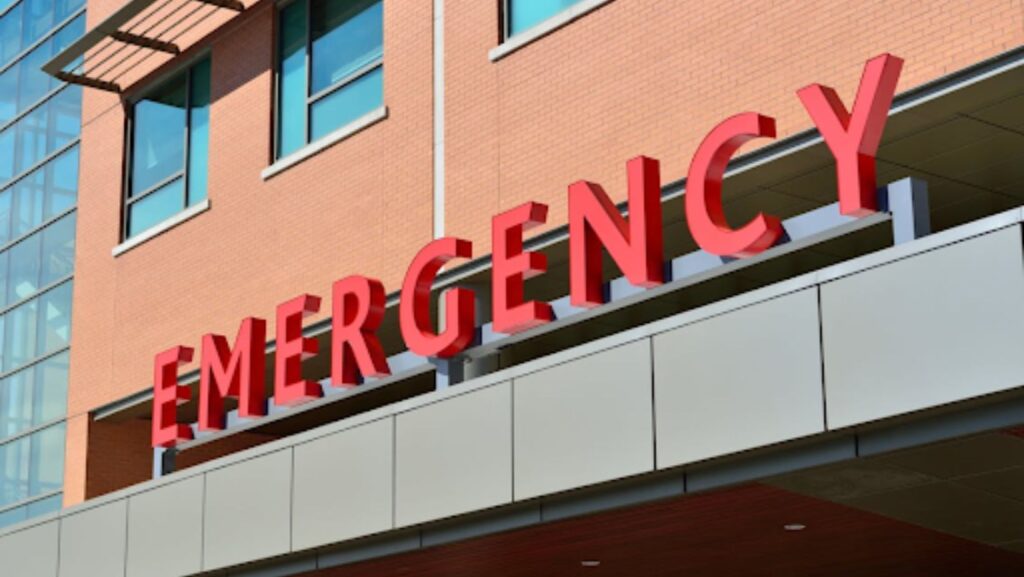Car accidents are unsettling and often traumatic events that can disrupt lives in an instant. While the damage to your vehicle and navigating insurance claims might dominate your thoughts initially, prioritizing your health is crucial. The physical and emotional toll of a car accident can manifest in ways that aren’t immediately apparent, and failing to address your well-being early can lead to long-term complications. This article explores why your health must remain at the forefront after a car accident and how doing so can help you rebuild your life.
Securing Legal Protection and Its Impact on Your Health
In the aftermath of a car accident, obtaining legal guidance can be critical to protecting your rights and ensuring you receive proper compensation. Legal experts, especially those with experienced car accident representation, understand the complexities of the process and can help ease the burden of navigating legal claims. This support can significantly reduce stress, which often exacerbates physical symptoms like headaches, fatigue, or muscle tension. While legal representation won’t heal physical injuries, it can provide the peace of mind necessary to focus on your recovery without the added strain of handling disputes with insurance companies or other parties involved.
Recognizing the Hidden Nature of Injuries
One of the most concerning aspects of car accident injuries is how deceptively minor they can appear initially. Adrenaline and shock often mask symptoms, making it easy to dismiss or underestimate injuries. Conditions like whiplash, soft tissue damage, and even internal bleeding might not present clear signs immediately but can worsen over time without proper medical attention. Seeking a thorough medical evaluation promptly after an accident ensures that these hidden injuries are diagnosed and treated early, preventing complications that could otherwise have long-term consequences.
Mental Health Matters Just as Much
Car accidents don’t only affect the body; they can leave a deep psychological impact as well. Feelings of anxiety, depression, or post-traumatic stress disorder (PTSD) are common in individuals involved in collisions. If left unaddressed, these mental health challenges can interfere with daily life, relationships, and even physical recovery. Prioritizing mental health through counseling, therapy, or support groups can help you process the trauma and regain emotional stability, ultimately speeding up your overall recovery.
Preventing Chronic Health Issues
One of the most significant reasons to prioritize your health after a car accident is to prevent minor injuries from escalating into chronic, long-term conditions. Many injuries that seem inconsequential at first—such as mild back pain, stiffness in the neck, or headaches—can worsen over time if left untreated. For instance, what starts as a minor strain in the neck could develop into persistent whiplash-associated disorders, leading to limited mobility, chronic discomfort, or even nerve damage. Similarly, untreated soft tissue injuries in the back or joints can result in reduced range of motion, scar tissue buildup, or lasting pain that interferes with daily activities.

Beyond physical limitations, chronic health issues can also take a toll on mental well-being. Prolonged pain often leads to frustration, anxiety, and depression, further complicating recovery. These conditions can disrupt work, hobbies, and relationships, creating a ripple effect that impacts every aspect of life. Addressing injuries early by seeking medical attention and following recommended treatment plans—such as physical therapy, chiropractic care, or prescribed exercises—can significantly lower the risk of long-term complications.
It’s also important to maintain regular follow-ups with healthcare providers to monitor your progress and ensure your recovery stays on track. These professionals can identify any signs of lingering issues and make adjustments to your treatment plan before problems become irreversible. Preventing chronic health problems isn’t just about avoiding pain; it’s about preserving your quality of life and ensuring that you can continue to live and work without being hindered by unresolved injuries. By investing in your health now, you can protect yourself from years of discomfort and regain control over your future.
Maintaining a Comprehensive Record of Care
Another essential reason to prioritize your health after a car accident is the need for documentation. Detailed medical records are often a cornerstone in legal and insurance processes, serving as proof of the injuries sustained and the treatment required. Beyond legal considerations, a clear record of your health journey ensures that you and your healthcare providers can track your progress and adjust treatments as needed. This not only strengthens your case in the event of disputes but also gives you the tools to fully recover by understanding what works best for your body.
The Connection Between Physical and Financial Recovery
Your health and financial well-being are intricately connected, especially after a car accident. Promptly addressing injuries can have a profound impact on minimizing long-term medical expenses and ensuring a smoother path to physical recovery. When injuries are left untreated, they can lead to complications that require extensive and costly medical interventions down the road, such as surgeries, physical therapy, or long-term medication use. Taking immediate action to seek medical care not only helps you avoid these escalating costs but also ensures you can recover faster and return to your normal routine.
Additionally, untreated injuries can affect your ability to work, leading to missed days, reduced productivity, or even temporary or permanent disability in severe cases. This loss of income can compound the financial stress of a car accident, creating a ripple effect that extends into other areas of your life. By prioritizing your health early on, you reduce the likelihood of these disruptions and give yourself the best chance at maintaining or regaining your financial stability.
Another critical aspect of the health-financial connection lies in the legal process. Many car accident claims rely heavily on medical documentation to establish the extent of injuries and their impact on your life. Delayed or inconsistent medical care can weaken your case, making it harder to obtain fair compensation for your damages. Conversely, a comprehensive record of timely treatments strengthens your claim and increases the likelihood of receiving adequate financial support to cover medical bills, lost wages, and other related expenses.

The aftermath of a car accident is often chaotic and overwhelming, but amidst the stress, prioritizing your health is the most important step you can take. By seeking immediate medical attention, addressing both physical and emotional injuries, and working with legal professionals to ease the burden of financial and legal disputes, you set yourself up for a full recovery. Your well-being is invaluable, and giving it the attention it deserves will help you regain control and move forward with confidence. Remember, everything else can wait—your health cannot.
